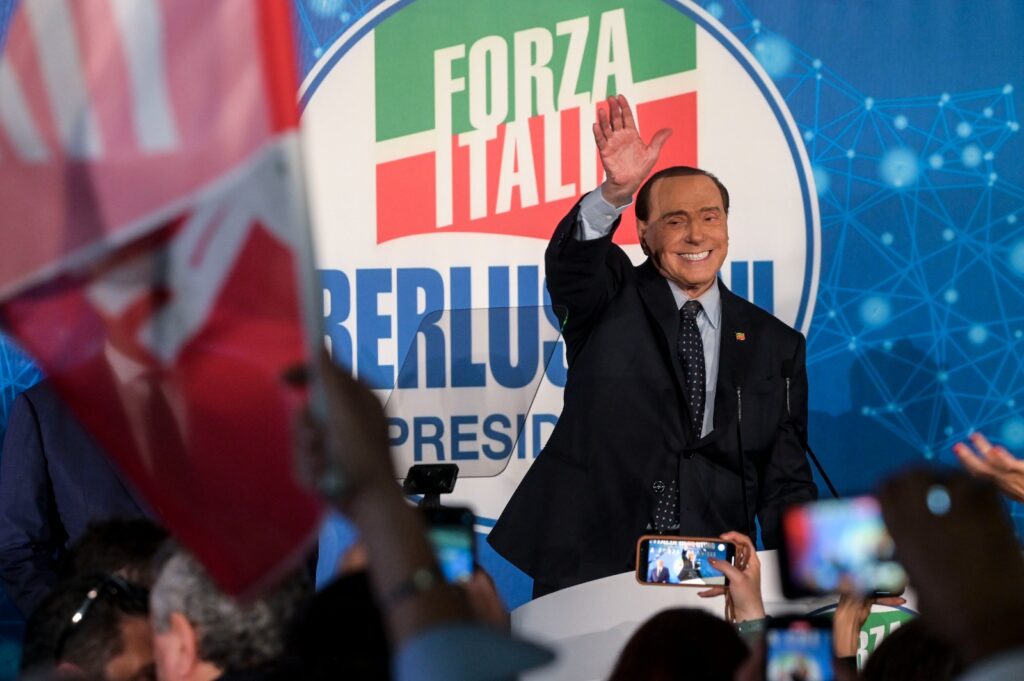
Former Italian Prime Minister Silvio Berlusconi’s legacy- whether positive or negative- is being hotly debated among Italians even as the nation prepared for a national day of mourning and a state funeral in Milan on Wednesday. Berlusconi died at the age of 86 on Monday in a Milan hospital where he was being treated for chronic leukaemia. His family held a private wake Tuesday at one of Berlusconi’s villas near Milan, the city where he made billions as the head of a media empire before entering politics in 1994.
Most Italians identify Berlusconi- a media mogul, soccer entrepreneur and three-time former PM- as the most influential figure in Italy over recent decades. However, there are sharp divides on whether this influence was for the better or worse.
Ahead of the funeral, political opponents questioned Prime Minister Giorgia Meloni’s decision not to hold a state funeral- an honour that can be afforded to former premiers- but to also declare a national day of mourning, which is rarer. In the case of the latter, flags are flown at half-staff and all political events not involving charity are put on hold.
“Berlusconi split Italy, he insulted adversaries for 30 years, he criminalised the magistrates and he didn’t recognise laws. What are we talking about?’’ journalist Marco Travaglio, a long-time Berlusconi critic said on Monday. Thousands of Italians nevertheless filled the square outside the Duomo cathedral to follow the funeral on two maxi-screens, while family members, political allies and opponents gathered inside. Hungarian President Viktor Orban was among the highest-ranking foreign dignitaries in attendance. Meloni, who first became a Minister in a Berlusconi coalition, also attended along with League leader Matteo Salvini, whose party has long been allied with Forza Italia.
Berlusconi is widely recognised as a precursor to the type of populist politics that has now become popular in the United States and elsewhere. Berlusconi’s detractors’ list of political damages is long, including conflicts of interest relating to his media empire, dozens of trials mostly for business dealings, revelations of sex-fuelled parties at his villa near Milan and questionable associations, including his friendship with Russian President Vladimir Putin. However, Supporters cite his success in unifying the Italian centre-right after the collapse of the post-war political landscape with the 1990s “Clean Hands” corruption scandal. They also see his tenure as PM as a period of stability after years of rotating governments and admire his irreverence, especially in the face of other global leaders.